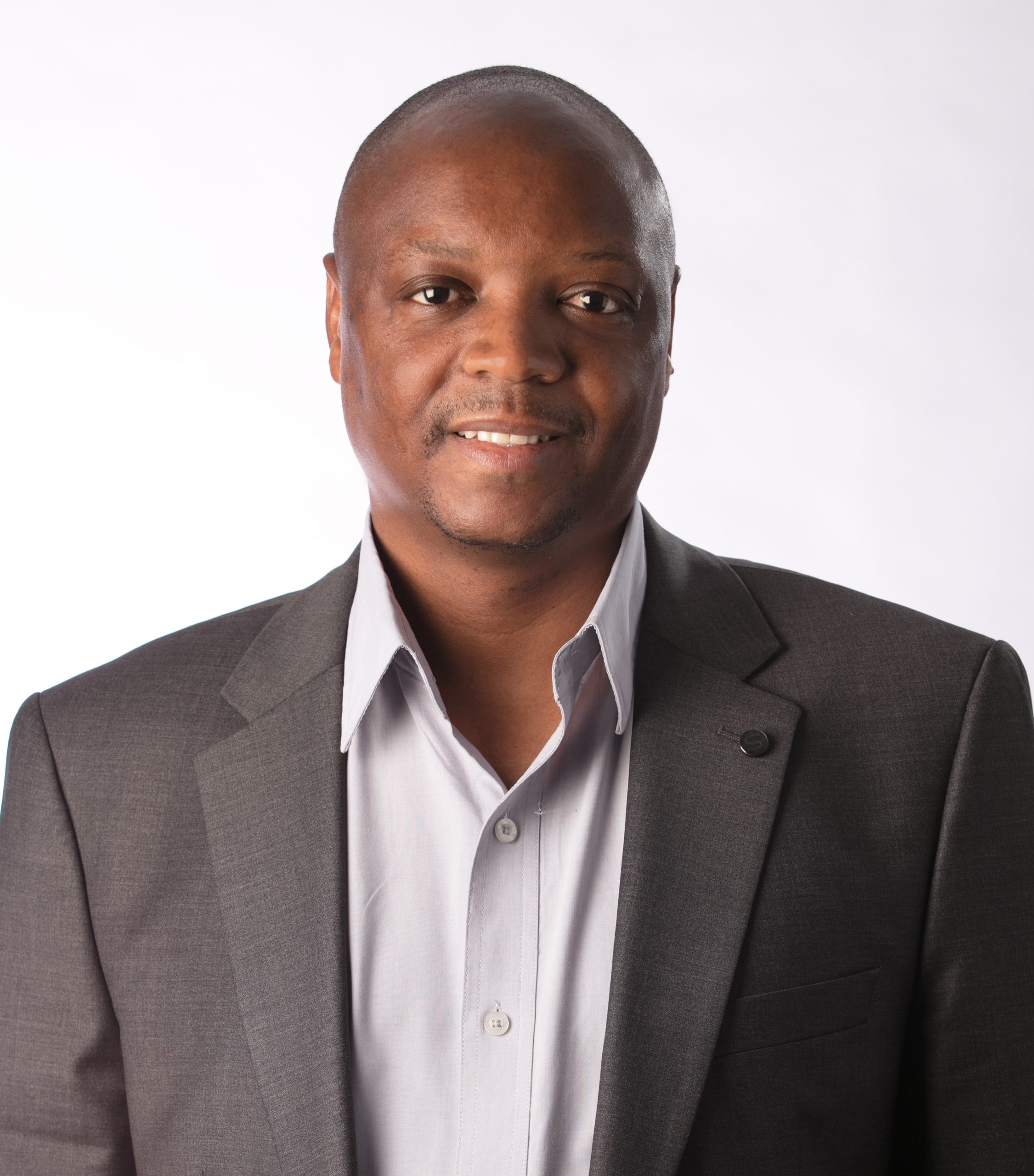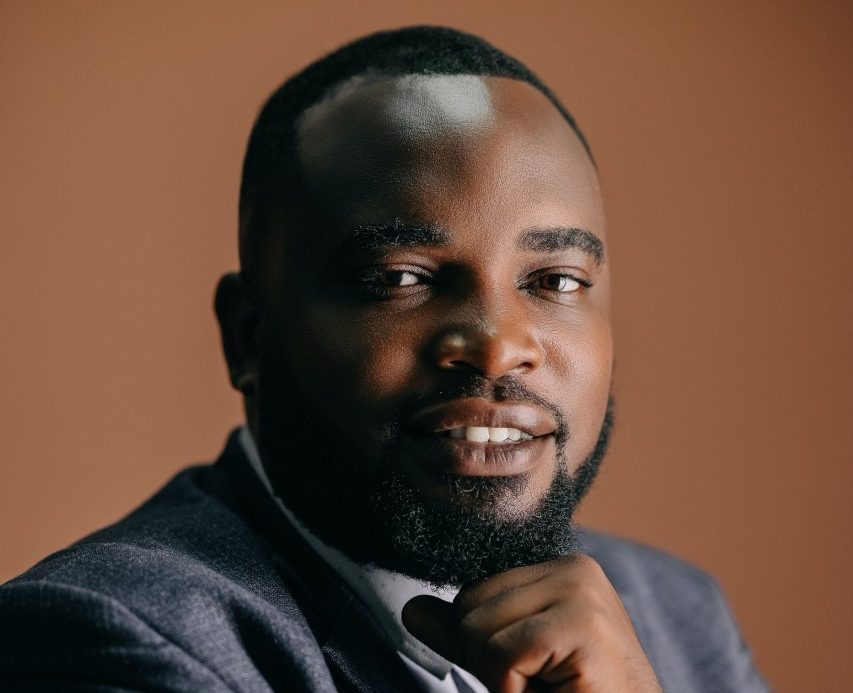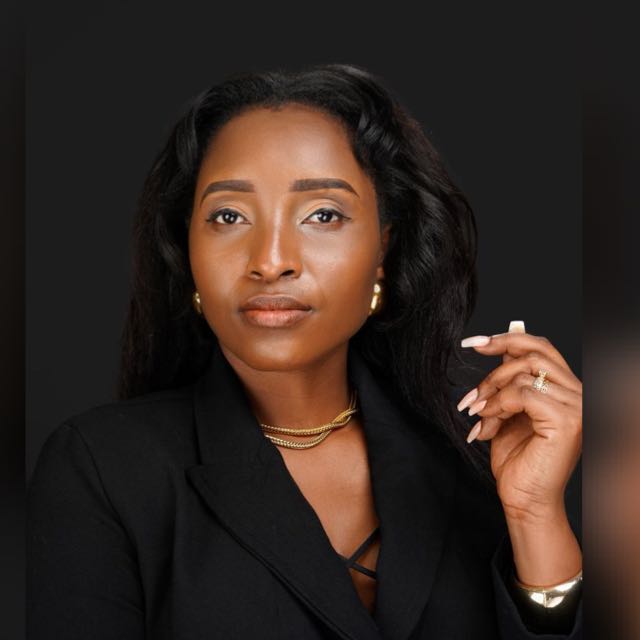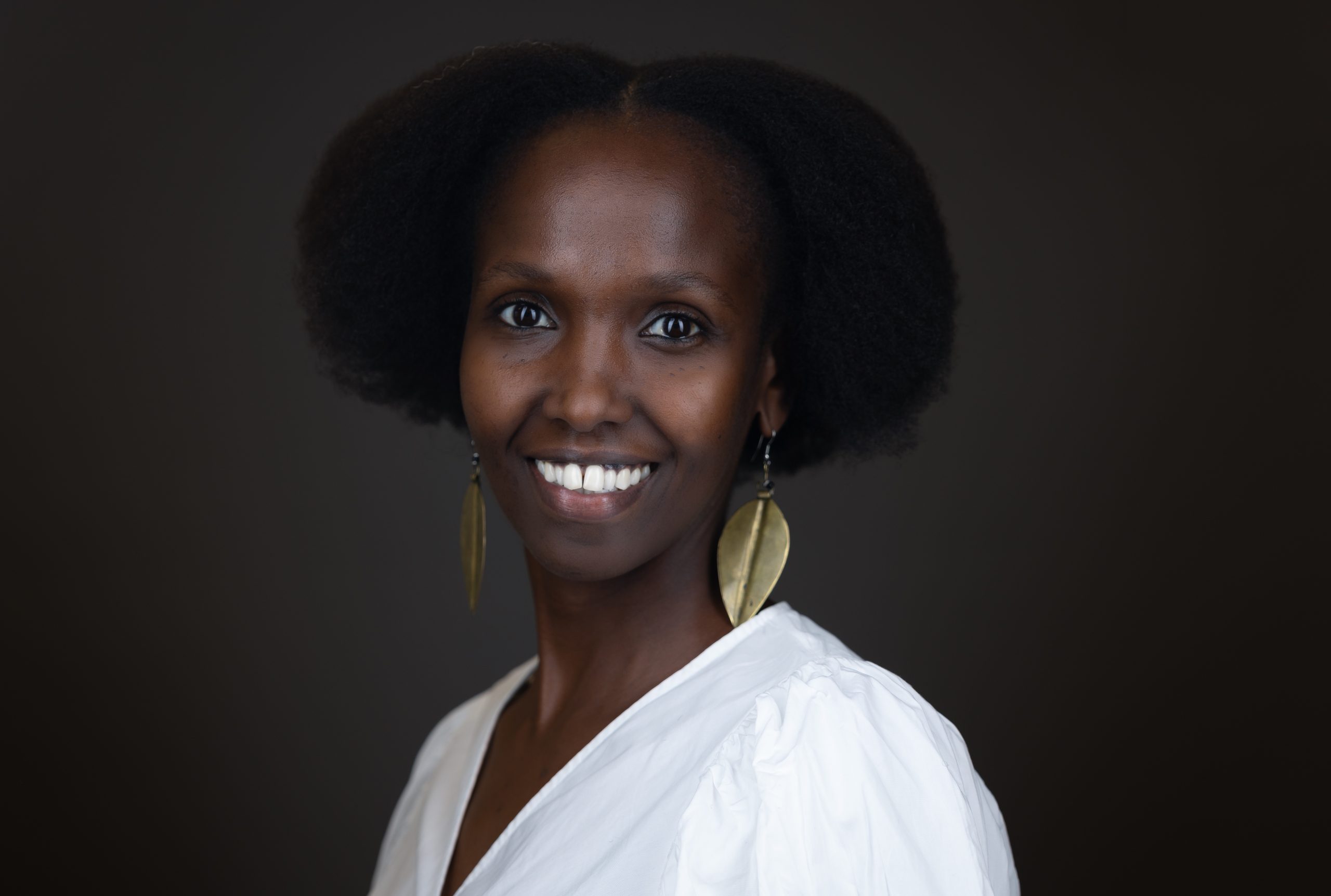A leader and a professional with a track record in the communications industry, Tendani Tsedu is our Comms Spotlight for the week. Recently recognised as an Accredited Public Relations practitioner (APR) by the Public Relations Institute of Southern Africa (PRISA), Tendani has had an impactful journey in communications so far. In this interview, he talks to us about his professional journey and the steps he has taken to leave a mark in the industry.
Can you tell us more about what you do in your role as the Group Manager, Strategic Communication at CSIR?
Well, the list is endless hahaha, but at the core of what I do is to ensure that the visibility of the CSIR is elevated so that the public, government and private sector are aware of the capabilities of the CSIR and how this organization adds value to business and society.
I am also responsible for internal communication which is key to our operations because I believe that our staff, as our first ambassadors, are fully informed of any developments happening in the organization or our sector.
There is also an element of brand management in terms of how the CSIR is experienced, what is it known for, what is its value proposition, so this is more than just how the CSIR logo is used but about how our clients and employees experience the entire CSIR business.
Lastly, the role includes advising the executive on strategic communication issues and managing resources such as finance while leading a team of highly talented and creative individuals.
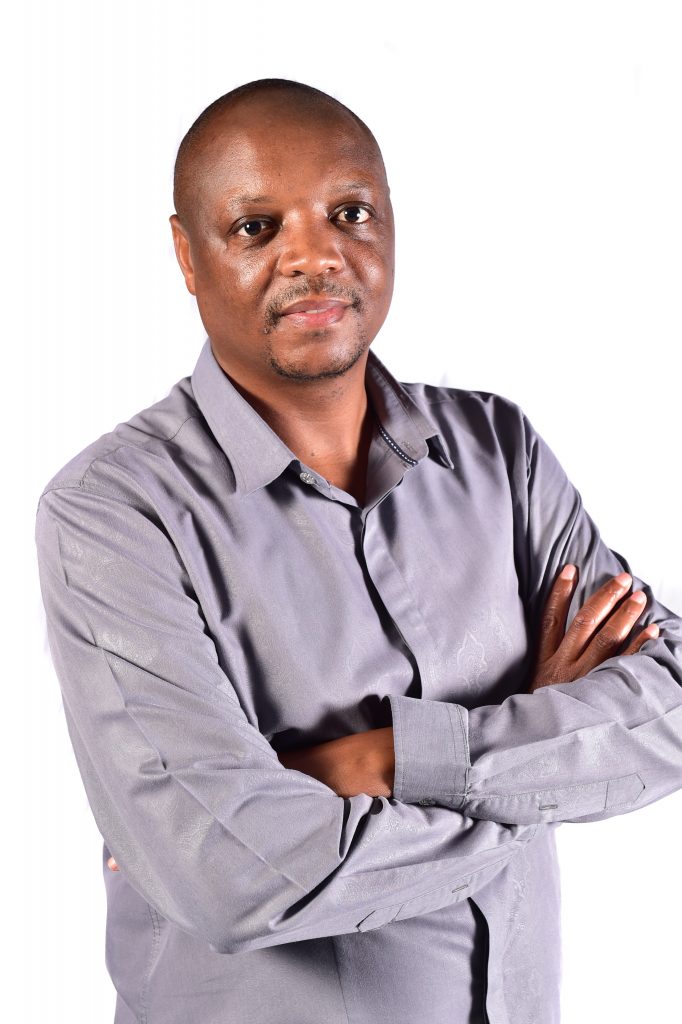
Take us back to the beginning of your career in communications. How did you begin and how did you rise through the ranks?
I started my professional career as a journalist at the Saturday Star newspaper. It was a very interesting beginning of my career as a general reporter, but I was also trusted with a column of my own as a TV critic. I worked there for about 2 years before joining Rand Water on a one-month contract as their publication editor.
At that time, Rand Water was working on their 100 years anniversary book and they needed assistance and I needed a job since my contract at the Saturday Star had come to an end. I worked hard to a point that I ended spending 3 years at Rand Water and this time as their Publications Editor and Media Relations Manager.
From Rand Water, I joined a company called D1BP FuelCrops which was in the biodiesel business. They hired me as a Communication Co-Ordinator responsible for communication in Zambia, Swaziland, Madagascar and South Africa.
Unfortunately, the company closed down their operations in SA and now operates at their headquarters in UK. I then spent about 3 months jobless, but I used this time to build my business in photography and multimedia which was doing well at that time. I then joined Trans-Caledon Tunnel Authority (TCTA) as their copywriter before joining the CSIR as a Media Manager. I was then appointed as the Group Manager after spending 5 years in the organization.
I rose through the ranks because I believe in continuous learning and understanding of the communication sector i.e. what are the latest trends, what is it that I can contribute but the most important part is because I make sure that I do add value in my work, and to do that it is important to understand the business and the vision of the company you work for and them show the executives how communication can support that.
You were recently recognised as an Accredited Public Relations practitioner (APR) by the Public Relations Institute of Southern Africa (PRISA). Can you tell us some of the steps you took to attract this recognition?
This was quite a long process but a representative from PRISA approached me after she had gone through my LinkedIn profile and said that I could qualify for APR however there are certain activities that I will have to do for them to be able to assess my skills and experience in this field.
The first step was to put together a portfolio of evidence of some of the work I have done including proof of qualifications. I then had to write a five hour exam which entailed drafting a stakeholder engagement plan based on a scenario they gave us and lastly it was an interview with a panel of Public Relations experts about the plans and vision one has for the industry.
I also believe that I have been recognized because I have been consistent in how I behave and operate in my over 15 years since my first job. I have been able to, in my own small way, favorable position the role of communication in the workplace. I have also provided guidance to other communication practitioners, and they are doing well with their careers.
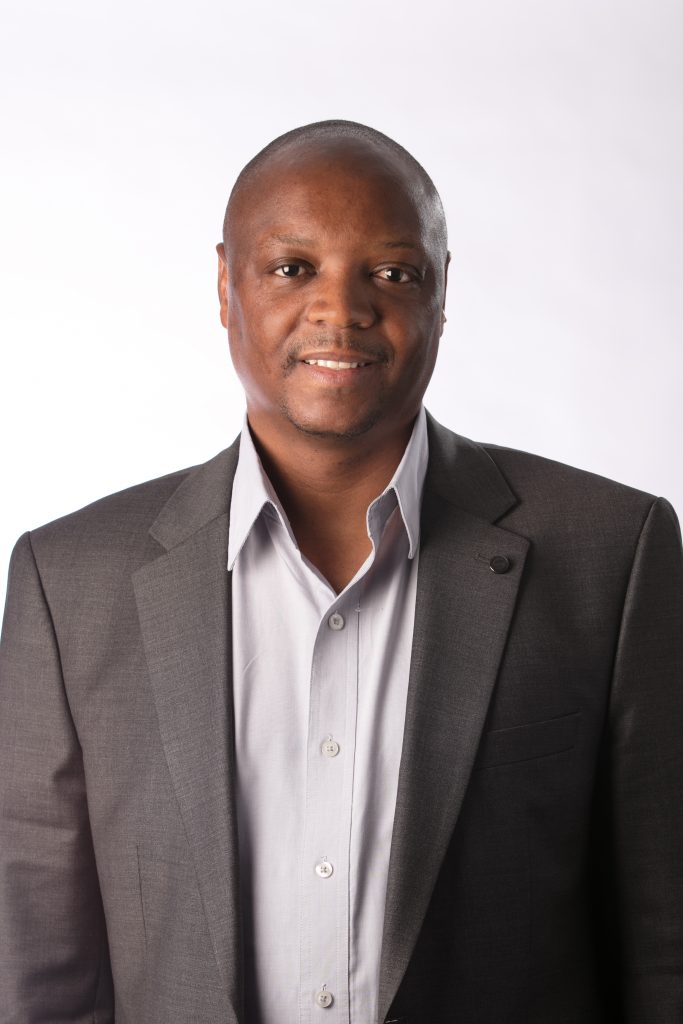
You manage 30+ communications professionals across different divisions. What skills allow you to do this effectively and what lesson have you learnt in the process?
It is important to know and understand the team dynamics including knowing the strength and weaknesses of each individual. You need strategic thinking skills and you should be good in communication so that you can be able to debate and convince people. Be a leader for your team not a manager…there’s a saying that goes, “you manage processes and assets but you lead people”. I am open in communication and make time for the team.
What I have learned in the process is that just because you are a manager, you don’t know everything…best ideas in my team came from junior staff. I have learned how to mentor and grow individuals. Knowledge is power, people will respect you if you are knowledgeable.
In your professional journey so far, what challenges have you faced and how have you been able to overcome them?
I think the challenges that most of the communicators face, including myself, is the undermining of our profession in the workplace. There is a perception that our job is easy, and that anyone can do it. This is a real challenge and the way to tackle it is by demonstrating the value that communication brings to any business. This can be done by understanding the business of your organization first and make sure that you are visible and accessible to the leadership and anyone in the organization.
The other challenge is lack of funding or budget for communication activities to a point that most of us are working with small teams but are unable to grow the team cause of lack of funds. This leads to over working as you put in long hours and not have time with family.
What advice will you give to your younger professional self?
Work on your confidence because this world needs people who are confident about themselves and in what they do.

